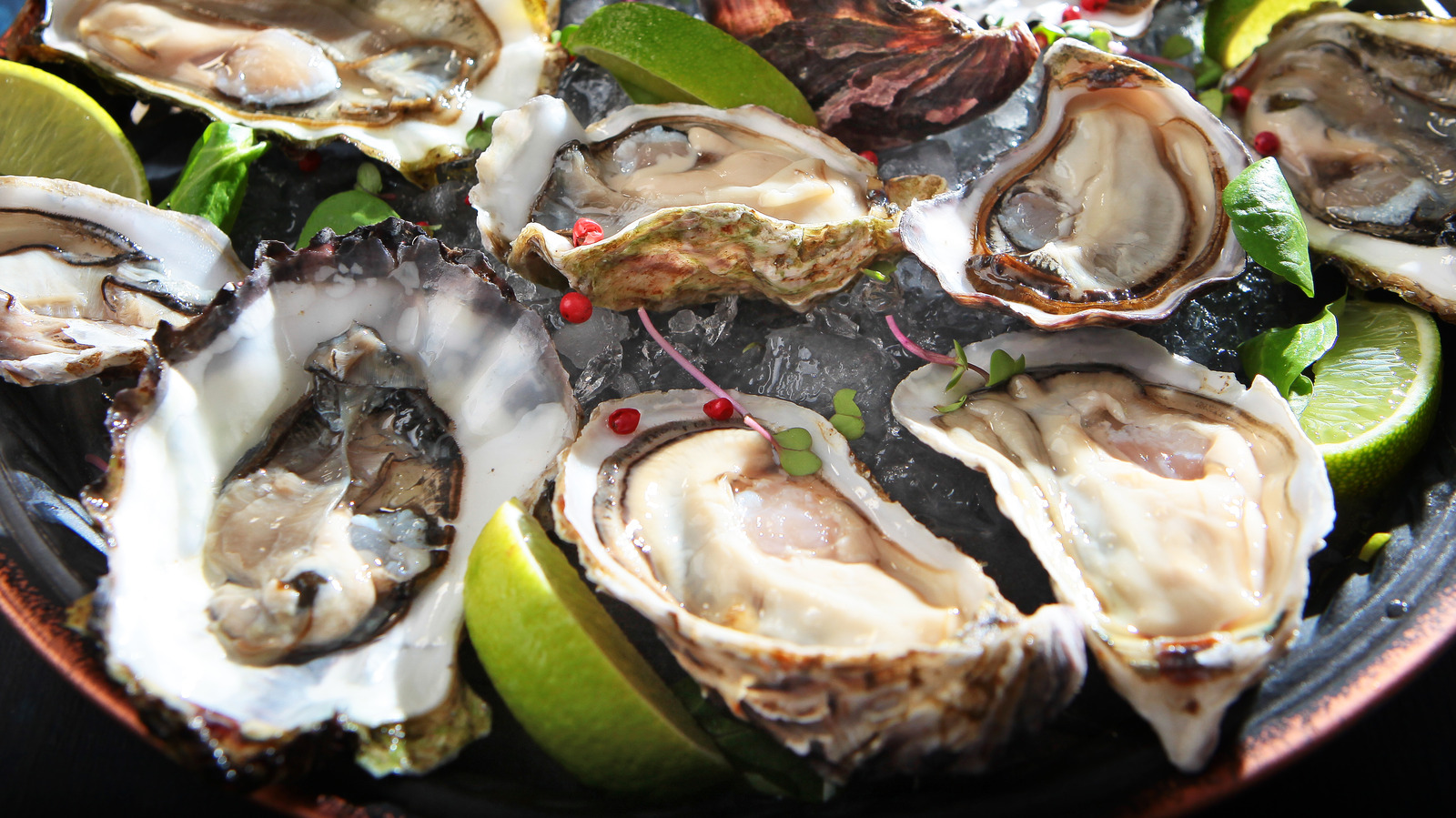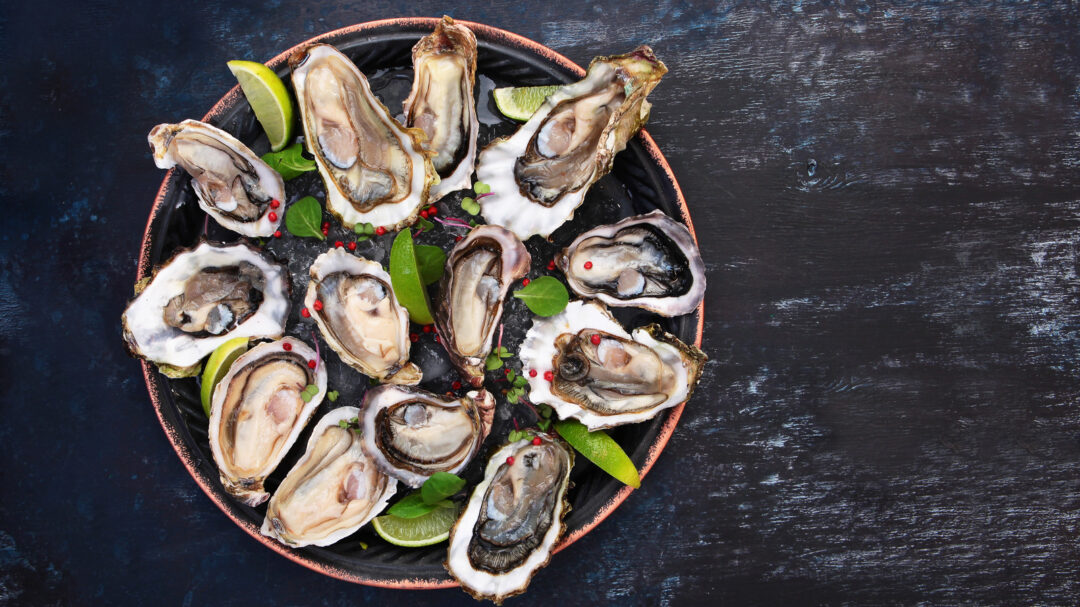Oysters, with their unique briny taste and reputation as aphrodisiacs, have been a staple in various cuisines for centuries. While these bivalve molluscs are admired for their typical flavour and nutritive benefits, there are also considerations that prompt a closer look at the pros and cons of joining oysters into your diet. In this article, we explore the positive and negative aspects of indulging in these ocean delicacies. To know more on oyster’s health benefits, feel comfy to visit this link.
Pros of Eating Oysters

Source: foodrepublic.com
1. Nutrient-Rich Superfood:
These sea creatures are a great powerhouse, boosting high levels of essential nutrients. They are a cool source of protein, low in calories, and high in vitamins & minerals, like- zinc, iron, vitamin B12, and omega3 acids(fatty). This nutrient profile makes them a respected add-onto a balanced and health-conscious diet.
2. Heart-Healthy Omega-3 Fatty Acids:
They are anamusing source of omega-3 fatty acids, mainlyEPA & DHA These are connected with many health aids, like-dipped risk of heart illness, improved cardiovascular health, and cognitive function.
3. Zinc Boost for Immune Health:
Huitres are amongst the uppermost natural sources of zinc, a crucial mineral for immune system purpose. Tolerable zinc intake is imp. for immune response, wound healing, and overall immune health.
4. Low Calorie and High Protein:

Source: learn.surlatable.com
For those who want to preserve a nice weight or shape lean muscle mass, these creatures are a perfect pick. They are low in calories and high in protein, making them a sufficient & nutritious selection for persons seeking a lean, nutrient-dense protein foundation.
5. Sustainable Seafood Option:
Huitres are recognized for their sustainable and eco-friendly nature. They are filter feeders, meaning they help maintain water quality by filtering algae and other particles from the surrounding water. Their farming practices are environmentally fine which makes them a reliable seafood.
Cons of Eating Oysters
1. Foodborne Illness Risk:
Raw or undercooked oysters carry a risk of pollution with bacteria, viruses, or parasites, posing a potential threat to people eating them. Vibrio vulnificus, a bacterium naturally present in warm seawater, is one such problem. To reduce this danger, it is needed to get oysters from upright sources & to avoid raw oysters if you have a poor immune system.
2. Heavy Metal Accumulation:
They may accumulate heavy metals, such as mercury and cadmium, from their environment. While the levels are generally low, regular and excessive consumption could contribute to an increased intake of these metals, which can have adverse health effects over time.
3. Allergies and Sensitivities:
Some people may be allergic to shellfish, such as- oysters. Affected reactions can range from mild indications, like: itching and hives, to severe & potentially threatening anaphylaxis. People with known shellfish illnesses should avoid oysters & related seafood.
4. Environmental Impact of Harvesting:
While oyster farming is generally considered sustainable, the environmental impact of wild oyster harvesting can vary. Overharvesting and habitat destruction can lead to undesirable outcomes for local bionetworks. Picking your oysters from good fisheries can help dip this risk.
5. High Cholesterol Content:
Huitres are relatively high in fat, which may be a thought for those with specific dietetic restrictions, such as high cholesterol stages. While dietary cholesterol is not as impactful on blood saturated fat as believed before, those with cholesterol concerns should eat such things less.
Conclusion
In the domain of culinary delights, oysters give a fine mix of flavours and nutritional aids. The option to contain oysters in your diet should be made with an alertness to both the optimistic aspects and probable drawbacks. From their status as a nutrient-rich superfood to considerations regarding foodborne ailments and eco-friendly effect, the pros and cons of oyster consumption highlight the importance of informed and mindful choices.For people who like the taste and know about the healthy value of them, eating them in control from fine areas can be a delightful add-on to a diverse and well-proportioned diet. Yet, individuals with specific health concerns, allergies, or dietary restrictions should exercise caution and consult with healthcare specialists to make up-to-date decisions about their oyster consumption. As with any food, balance, mindfulness, and consciousness are key to unlock the assistances cross the likely pitfalls of adding huitres to your diet.





